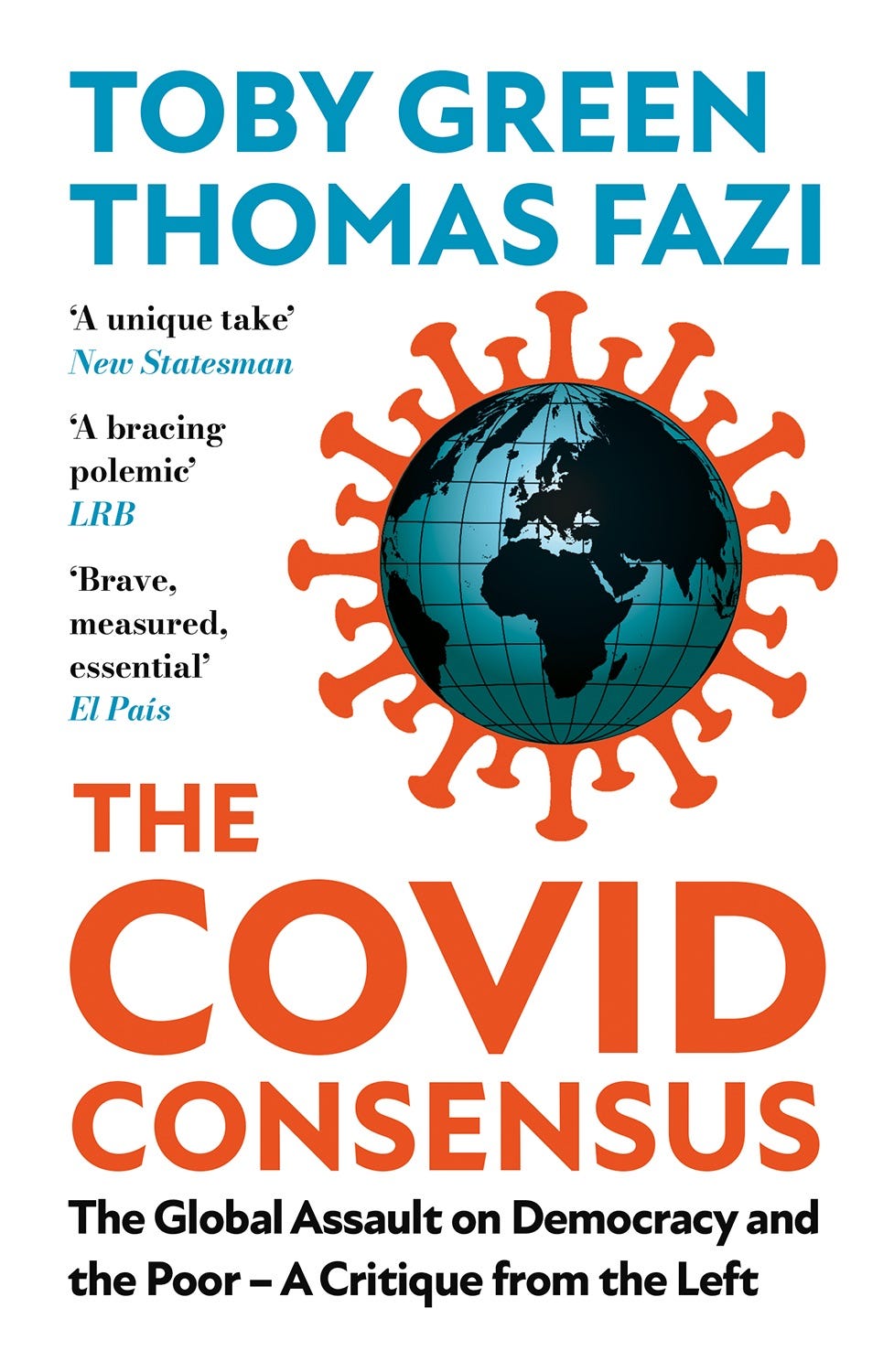Challenging the “permacrisis” paradigm
How “crisis” became the elites’ weapon of choice for the authoritarian management of Western societies
Hi, I’ve got a new article up at UnHerd, where I take a critical look at the increasingly popular concepts of permacrisis, polycrisis and the such. Here’s an excerpt:
Look back at the past two decades, and one could easily conclude that the world has been mired in a state of quasi-permanent state of crisis — or, as analysts and dictionaries are fond of putting, a “permacrisis”.
So perhaps Permacrisis is the perfect title for a new book by former Chancellor of the Exchequer Gordon Brown, co-authored with Mohamed El-Erian, president of Queens’ College and former chief economic adviser at Allianz, and Michael Spence, professor of management at Stanford University. “What makes this period feel unusual,” they write, “is the multidimensional nature and sheer intensity and complexity of the economic transformations swirling around us… [Challenges such as war, inflation and climate change] show no signs of abating — only accelerating. That’s what happens in a permacrisis.”
On the face of it, this analysis might appear uncontroversial, even trivially obvious. No one would question the notion that there are a lot of crises going on in the world at any given time. But one might also argue that this has always been the case — especially from the perspective of the billions living in the Global South. It therefore seems reasonable to ask: is this obsessive use of the word “crisis” simply an acknowledgement of a uniquely bad situation? Or is there more at play here?
Even prior to the Covid-19 pandemic, several critical scholars had suggested that, in recent decades, crisis had become a “method of government” in which “every natural disaster, every economic crisis, every military conflict and every terrorist attack is systematically exploited by governments to radicalise and accelerate the transformation of economies, social systems and state apparatuses”. In her 2007 book The Shock Doctrine, Naomi Klein explored the idea of “disaster capitalism” — the notion that, in moments of public fear and disorientation, it is easier to re-engineer societies.
Taking such analyses one step further, one might argue that the contemporary narrative of permanent crisis or emergency represents a qualitative shift in “crisis as a mode of government” — one which is no longer limited to the exploitation of crises, but is based on the constant evoking of crisis itself, if not the actual manufacturing of crises.
Read the rest of the article here.
I hope you enjoy the article, and as usual any feedback is welcome. If you enjoy my writing, please consider upgrading to a paid subscription. Putting out high-quality journalism requires constant research, most of which goes unpaid. Plus, you’ll also get access to my newsletter with the top reads of the week and other exclusive stuff.
Best regards,
Thomas Fazi
Website: thomasfazi.net
Twitter: @battleforeurope
Facebook: https://www.facebook.com/thomasfazi
Latest book: The Covid Consensus: The Global Assault on Democracy and the Poor—A Critique from the Left (co-authored with Toby Green)



I am sorry for the very late comment - I have recently looked into this polycrisis and permacrisis concepts, so I have reread your article again. Anyway, what is fascinating to me is that Adam Tooze, a HISTORIAN, would subscribe to this ahistorical concept and, looking at the historical trajectory of a permacrisis, the term was actually introduced as a *historical* concept to describe, as we would say today, a struggle in France between the logic of the Welfare State and the ascending order of neoliberalism. By the time this word became 2022 word of the year in Collins dictionary, all historical traces were eliminated.
I think you're making it too intellectual.
Best regards,
Jacob Silverman